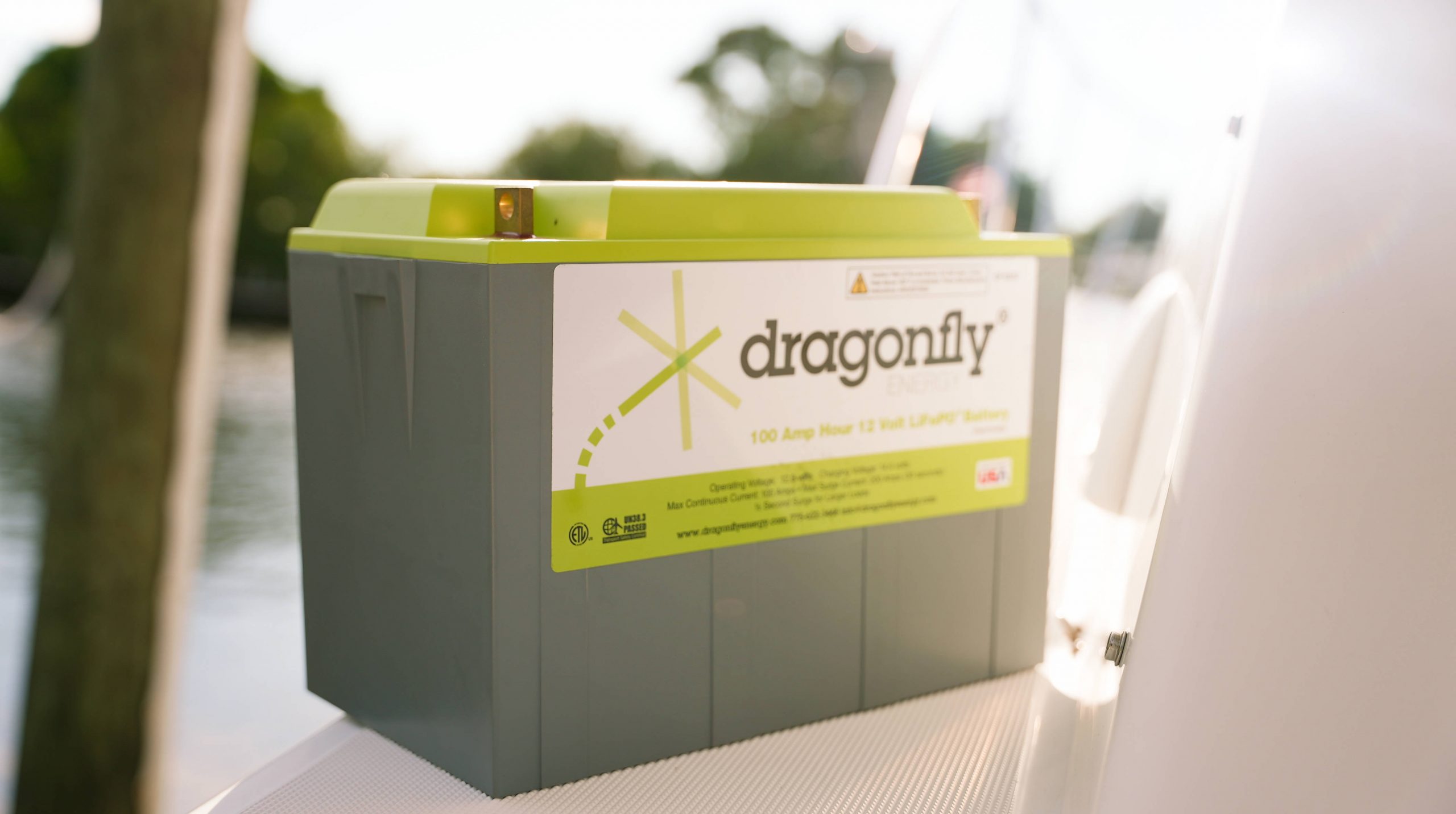Hi,
Considering some kind of home battery system, to charge on a cheap rate overnight and power the home in the day.
Anyone had anything done recently? Any particular things to be aware of and products to look at / avoid?
Considering some kind of home battery system, to charge on a cheap rate overnight and power the home in the day.
Anyone had anything done recently? Any particular things to be aware of and products to look at / avoid?




